In an ever-changing business environment, companies are tasked with demonstrating the true value of their services. Understanding and adopting the concept of value economy is the key to success. In this blog post, we’ll explore what benefits value-economic means for employees, how companies can demonstrate their value to clients, and transformational steps to create a value-focused culture within your team.
Understanding Value-Economy Mean for Businesses:
The value economy revolves around delivering tangible benefits to clients, surpassing mere transactions. In this era, businesses seek partners who not only provide services but also contribute meaningfully to their success. It’s a shift from quantity-driven models to quality-driven outcomes, where the emphasis is on long-term partnerships and mutual growth.
How Agencies Prove Value to Clients:
Value is uniquely defined by each individual. Successful companies start by listening to their clients for problems and solutions. Proving value to clients involves a strategic and client-centric approach. Agencies must align their services with client objectives, emphasizing outcomes over mere deliverables. Demonstrating a commitment to measurable results through tailored metrics, transparent reporting, and regular updates is crucial.
Adaptability, flexibility, and a focus on continuous improvement further highlight an agency’s dedication to delivering ongoing value. By actively participating in clients’ business strategies, educating them on the full extent of value received, and consistently exceeding expectations, agencies can establish themselves as indispensable partners in the dynamic business landscape.
1. Shift to a Value Mindset:
Redefine Your Existence: Start by clearly defining your company’s purpose and mission. Understand how your services solve your customers’ real problems and contribute to their overall success.
Change Your Thinking: Shift from focusing solely on deliverables to outcomes. Instead of just showcasing what you do, emphasize the impact your services have on your clients’ goals.
Reimagine Productivity: Don’t just measure productivity in terms of output; consider the effectiveness and quality of your work. Clients value results, so align your efforts with their objectives.
Rethink How You Treat People: Building strong customer relationships is important. Show genuine interest in clients’ businesses, understand their pin points, and tailor your services to meet their specific needs.
Reframe How You View Money: Move away from transactional thinking and demonstrate the long-term value of your services. Help clients see that the investment in your agency brings about sustainable and substantial returns.
2. Measuring Value through Ongoing Feedback:
Continuous feedback loops are essential for demonstrating value. Establish a robust feedback system that allows you to gauge client satisfaction, understand evolving needs, and make timely adjustments. Regular communication not only builds trust but also provides opportunities to showcase your agency’s commitment to client success.
It emphasizes the continuous and iterative process of assessing the impact of agency services through regular feedback mechanisms. In this context, “value” is evaluated not only based on traditional metrics but also by actively soliciting and incorporating client input. Ongoing feedback enables agencies to stay attuned to evolving client needs, address challenges promptly, and make real-time adjustments to ensure that their services consistently align with client expectations. This approach fosters a dynamic and collaborative relationship, reinforcing the agency’s commitment to delivering meaningful and relevant value throughout the course of the partnership.
3. Fostering a Value-Focused Team Culture:
a. Define and Communicate Values: Clearly communicate your agency’s values and align them with client-centric principles. Ensure that every team member understands how their role contributes to delivering value.
b. Empower and Train Your Team: Equip your team with the skills and knowledge necessary to excel in a value-driven environment. Empower them to take ownership of projects and encourage a proactive approach.
c. Reward Value-Centric Behavior: Recognize and reward employees who consistently contribute to client success. Celebrate achievements that align with the overarching goals of delivering value.
4. Common Challenges with Value-Driven Agencies:
Client Education: Clients might struggle to fully grasp the comprehensive value an agency provides beyond immediate deliverables. For instance, a content marketing agency may find it challenging to convey the long-term brand-building impact of their services to a client focused solely on immediate lead generation.
Quantifying Intangibles: Some values, such as brand loyalty or reputation enhancement, can be difficult to quantify with traditional measures. For example, it is difficult for a PR agency to accurately measure the intangible benefits of a successful reputation campaign.
Balancing Short-Term and Long-Term Goals: Striking a balance between addressing immediate client needs and building long-term value can be tricky. An advertising agency, for instance, might face pressure to deliver quick wins while also working towards creating a sustainable and enduring brand presence for the client.
5. Navigating the Shifting Marketing Industry:
The marketing industry is constantly changing due to technological advancements, changes in consumer behavior and emerging trends. Companies must actively adapt to these changes in order to stay relevant and succeed.
In recent years, the rise of social media, changes in algorithms and the increasing need for consistency have had a significant impact on the marketing industry. An advertising agency, for instance, needs to navigate through the shift in consumer preferences towards purpose-driven brands. This might involve incorporating sustainability messaging into campaigns, aligning with eco-friendly practices, and leveraging influencers who resonate with socially conscious audiences.
Companies need to learn about emerging technologies like artificial intelligence and augmented reality and understand their implications for marketing strategies. Navigating the shifting landscape also involves being agile in response to sudden market changes, such as those triggered by global events or economic shifts.
By embracing change, staying informed about industry trends, and proactively adapting strategies, agencies can position themselves as leaders in the dynamic marketing landscape, ensuring they not only survive but thrive in the face of continuous industry evolution.
6. Advice for Value-Driven Agencies:
a. Stay Agile: Adaptability is key in a dynamic market. Stay informed about industry trends, technological advancements, and shifts in consumer behavior to proactively adjust your strategies.
b. Build Strong Partnerships: Collaborate with clients as true partners. Understand their evolving needs, communicate openly, and adapt your services to ensure ongoing value delivery.
c. Invest in Continuous Learning: The marketing landscape is ever-evolving. Invest in your team’s professional development to stay ahead of the curve and deliver amazing solutions to customers.






